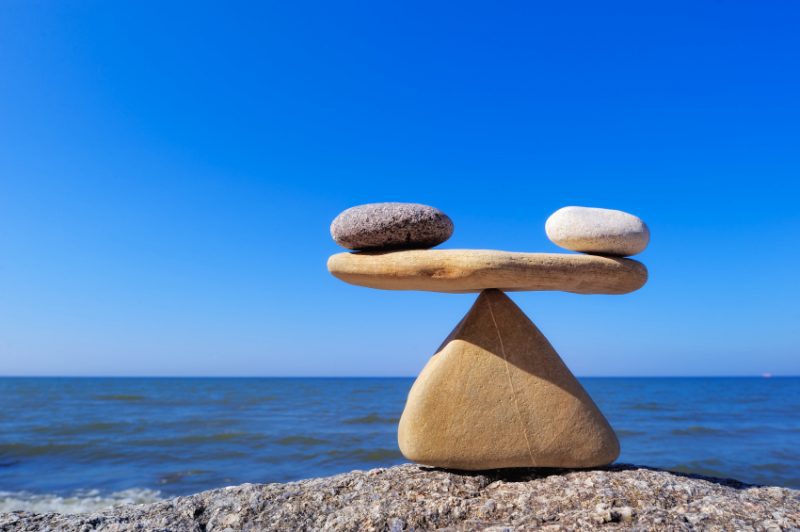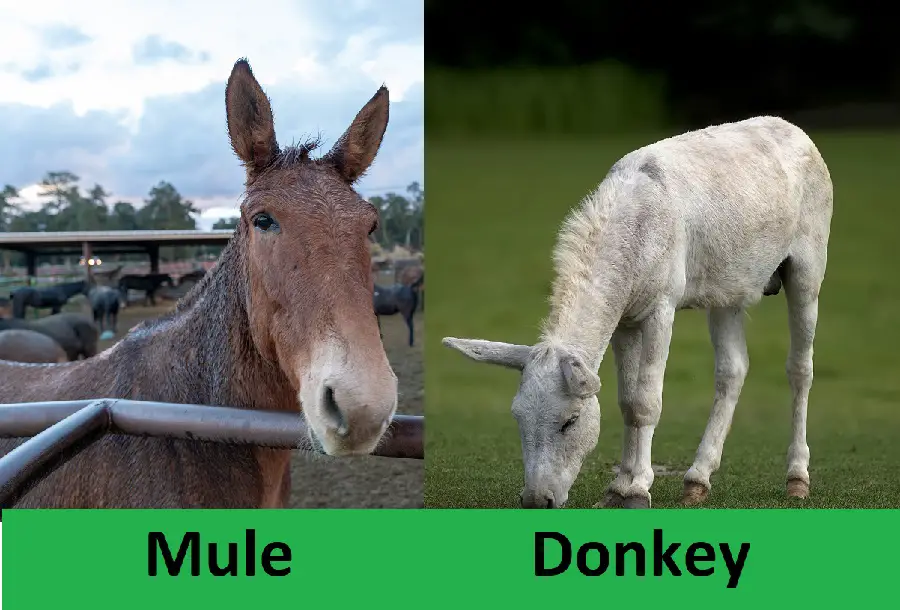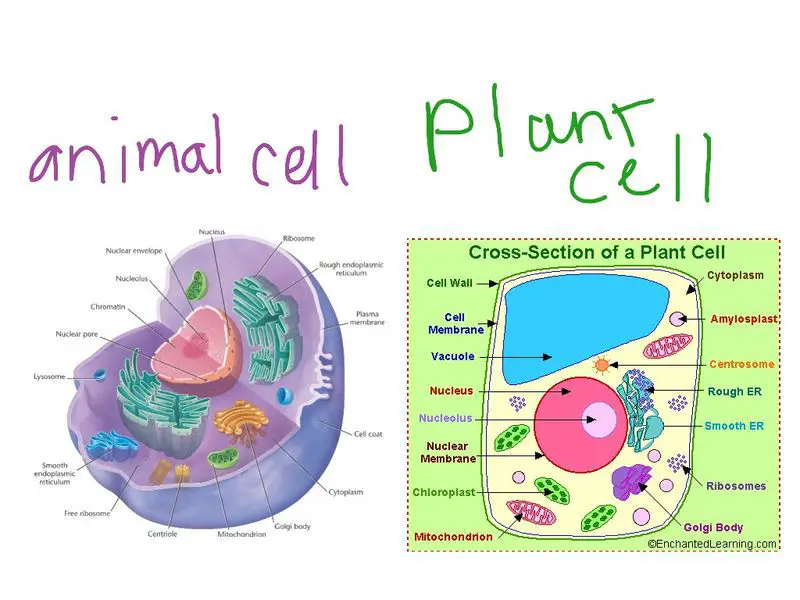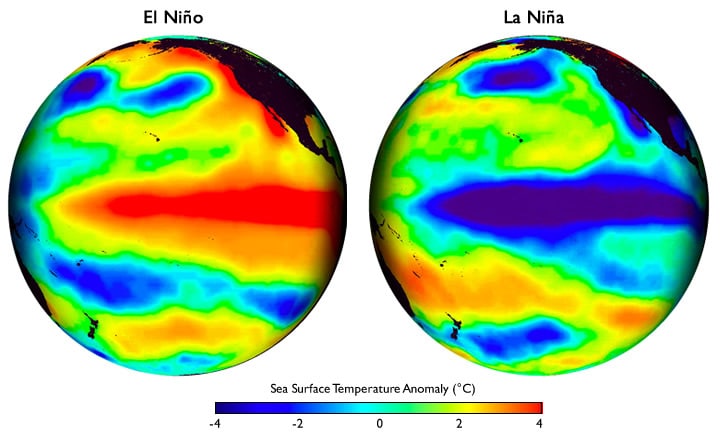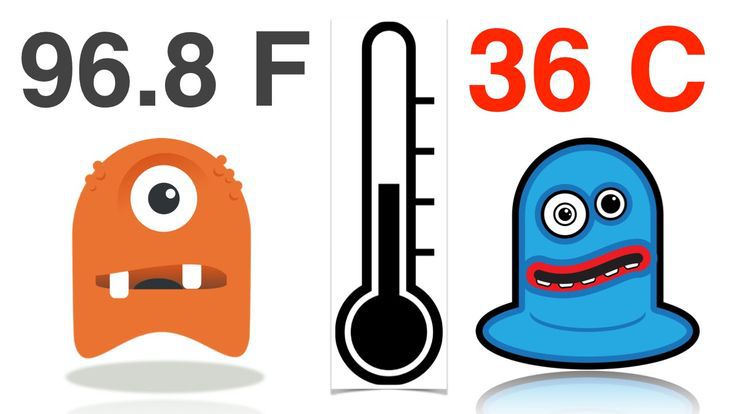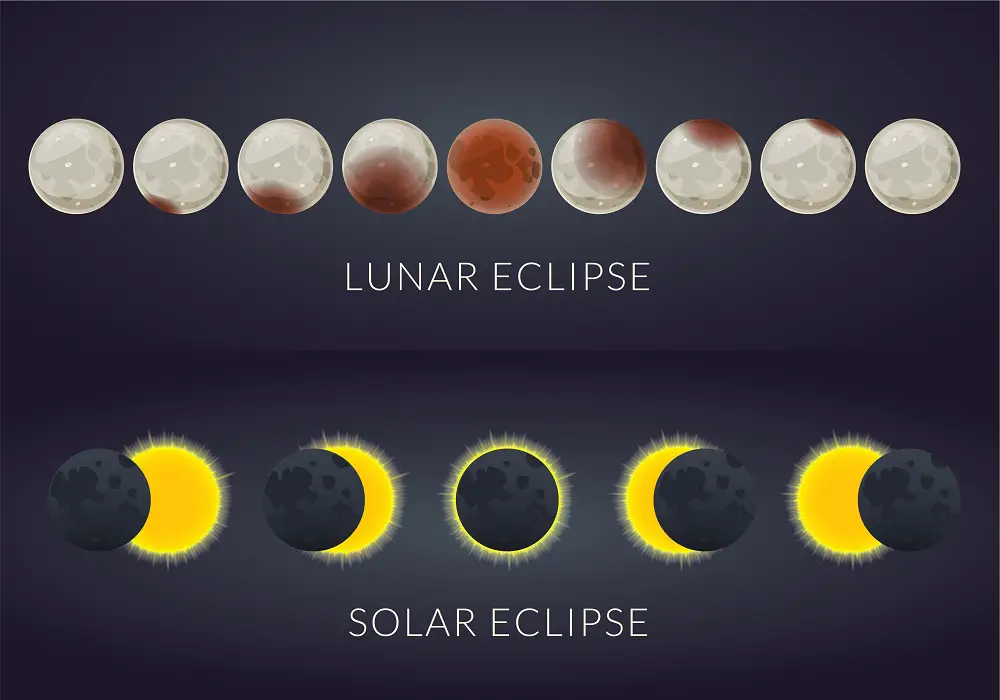6 Main Differences between Jealousy and Envy
Despite the fact there’s quite a big difference between jealousy and envy, in popular culture, they have come to be used interchangeably. While they were clearly distinct terms originally, in common use, jealousy has “borrowed” the definition that was initially reserved only for envy.
Most linguists, psychologists, sociologists, and philosophers disagree with this trend, however, stating that the two words should not be considered synonyms. So what does each of them mean, then, and what tells them apart?
Jealousy

By definition, jealousy is an emotion that occurs when something you already possess (usually a relationship) is threatened by another person.
It is a mix of fear, insecurity, betrayal, helplessness, resentment and even anger to the thought of losing a special relationship or status to a third party or being replaced by someone else.
Therefore, jealousy involves three parties – for instance, you, your boyfriend, and his cute co-worker whom he seems to spend too much time with lately. You’re afraid he might like her more than you or that she is trying to steal him from you. You’re jealous.
What Are The Differences Between Love and Lust
Envy
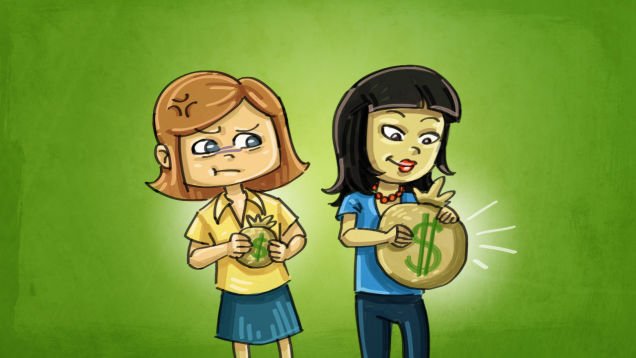
Envy is also quite a strong – and unpleasant – emotion, but this time it refers to something somebody else has and you don’t (or perceive that you don’t), but you desire it. It can be anything, from wealth and physical possessions to beauty, intelligence, humor, power, and so on.
Envy involves two parties, and it is a reaction to you believing you lack something, to feeling inferior. However, envy and jealousy often occur together, and this is why many confuse the two terms and use them interchangeably.
For instance, let’s take the situation described earlier, with your boyfriend and his co-worker. You may be scared you’re losing your boyfriend to your co-worker (jealousy) because you think she is prettier than you or has a more interesting personality (traits you wish you had = envy).
Fiancé Vs. Fiancée: What Are The Main Differences?
Envy vs Jealousy – The Comparison
Now that we’ve cleared up the two terms, let’s have a close at all the main differences between envy and jealousy.
Jealousy |
Envy |
| Jealousy is the fear of losing what you already have | Envy occurs when you want something someone else has |
| Jealousy involves three parties | Envy requires only two persons |
| Jealousy is most often associated with romantic relationships | Envy is much broader, being associated with anything from possessions, personal qualities or physical traits to career achievements or social status. |
| Jealousy is often accompanied by outrage and a sense of betrayal | Envy usually isn’t. |
| Jealousy doesn’t necessarily involve feelings of inferiority | Envy usually stems from lack of self-appreciation and a sense of inferiority |
| Jealousy often involves the fear of something that might happen in the future. | Envy is more anchored in the present (somebody else already has what you wished you had) |
We hoped our post has helped you better understand the difference between jealousy and envy. Subscribe to our newsletter and get our best topics and news straight to your inbox, so that you won’t feel envious you don’t know as many fascinating facts about the world as our loyal readers.

